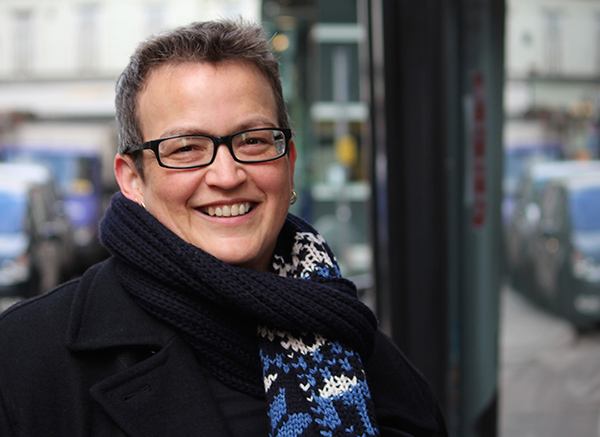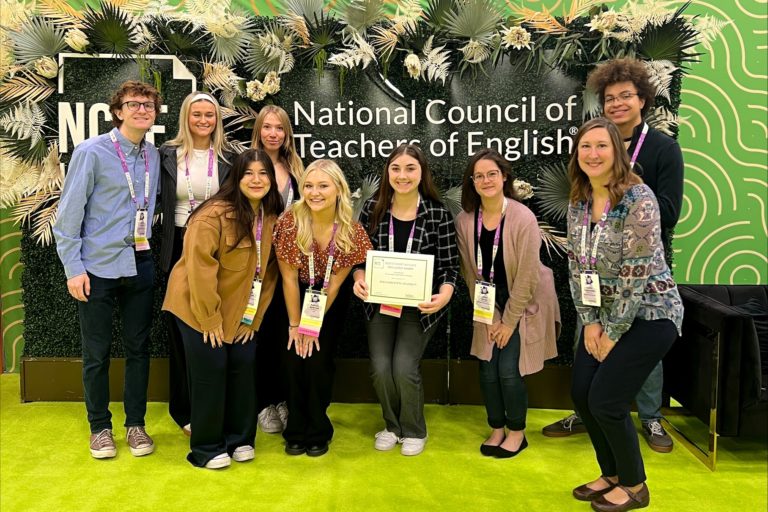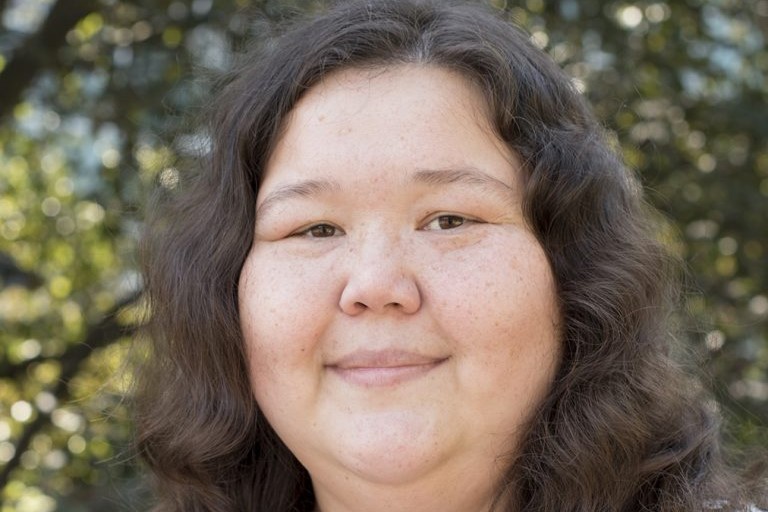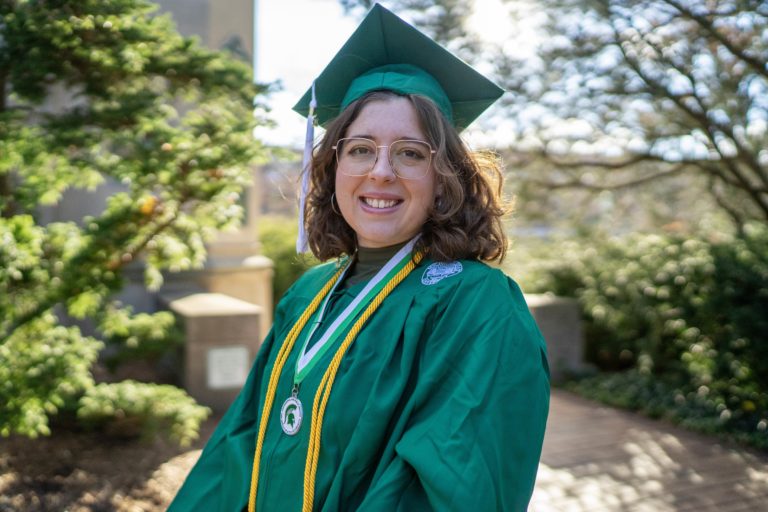
Jacqueline Rhodes, Professor in the Department of Writing, Rhetoric, and American Cultures, has been named Director of the Consortium for Critical Diversity in a Digital Age Research (CEDAR), effective August 16, 2017.

A part of MSU’s College of Arts & Letters, CEDAR serves as an interdisciplinary catalyst for MSU scholarship that critically engages questions of diversity in a digital age. The consortium advances transformative scholarship and creative activity at the intersections of self/society, digital/material, technology/culture rooted in the recognition that race, ethnicity, gender, religion, and other forms of difference are central to digitally engaged student learning in the 21st century.
It’s critical that we move toward sustainable diversity, a deeply ethical move that enriches us all.
“Dr. Rhodes is herself a transformative and engaged scholar whose work embodies the dynamic, creative, and justice-oriented research CEDAR was established to cultivate and advance,” said Christopher P. Long, Dean of the College of Arts & Letters. “She brings a deep understanding of how theory and practice converge in leading-edge collaborative scholarship to her role as the inaugural director of CEDAR, the research consortium at the heart of our Critical Diversity in a Digital Age initiative. She has a compelling vision of CEDAR as a catalyst of transformative collaborative research, and I look forward to working with Jackie to put this vision into institutional practice.”
Rhodes joined the Michigan State University faculty last fall. Her scholarly work focuses on intersections of rhetoric, materiality, and technology, and has been published in a variety of venues, including College Composition and Communication, JAC: A Journal of Composition Theory, Computers and Composition, Enculturation, and Rhetoric Review.
She recently was awarded her second consecutive Lavender Rhetorics Award for Excellence in Queer Scholarship at the Conference on College Composition and Communication (CCCC) for her collaboration with Jonathan Alexander on Sexual Rhetorics. In 2016, she won the same award for Techne, a book-length e-project also co-authored with Alexander. The Lavender Rhetorics Award for Excellence in Queer Scholarship recognizes work that best make queer interventions into the study of composition and rhetoric, work that rises to a high level of excellence in its originality, the significance of its pedagogical or theoretical contributions to the field, and its existing or potential influence.
Difference makes us human.
In 2015, Rhodes book, On Multimodality, co-authored with Alexander, won the CCCC Outstanding Book Award, and it won the 2014 Computers & Composition Distinguished Book Award.
Prior to coming to MSU, Rhodes was a Professor of English at California State University, San Bernardino. She has a Ph.D. in English from the University of Southern Mississippi, an M.A. in English from the University of Idaho, and a B.A. in English from the University of Montana.
“In a complicated world of overwhelming data and the threat (and reality) of dehumanization at the technological and political levels, it’s critical that we move toward sustainable diversity, a deeply ethical move that enriches us all,” Rhodes said. “Difference makes us human. The CEDAR initiative celebrates those differences, but also acknowledges that historically (and in the present-day), differences have been used to alienate and do violence. One way to move is to seek out and actively support research that blends theory and praxis, university and community, philosophical argument and practical action, all in order to make our worlds more equitable and just.
“I’m looking forward to a lot of productive conversations and collaborations within the MSU CAL community and beyond.”


